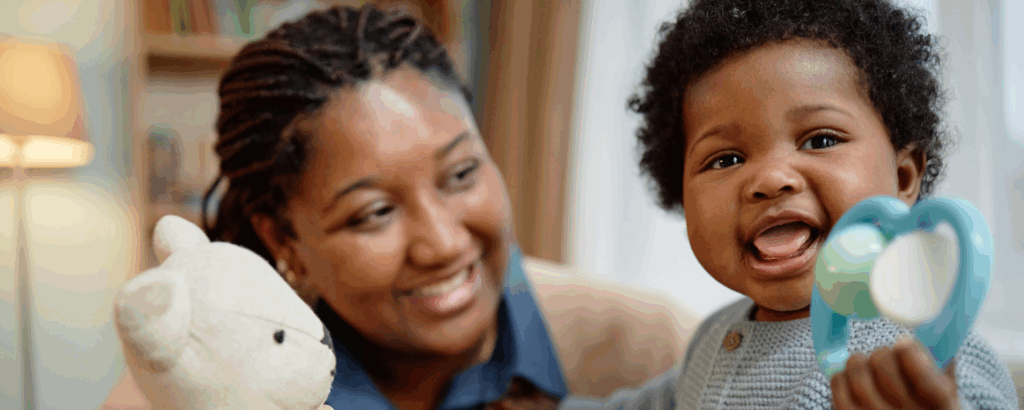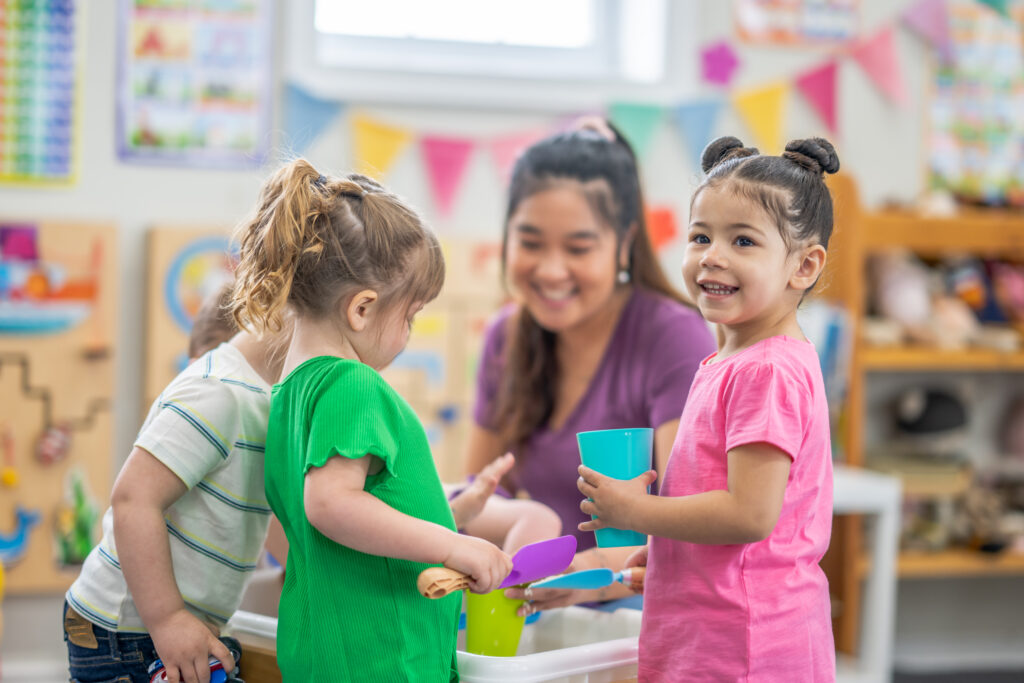Written by Adrianna Alejandro, Campaign Marketing Manager
October is Emotional Wellness Month, a time to recognize the importance of mental and emotional health, especially for young children. Early childhood is a formative period when children begin to understand their feelings, develop coping skills, and build meaningful relationships. Supporting healthy emotional development during this stage sets children up for success academically, socially, and personally.
Understanding Emotional Wellness in Early Childhood
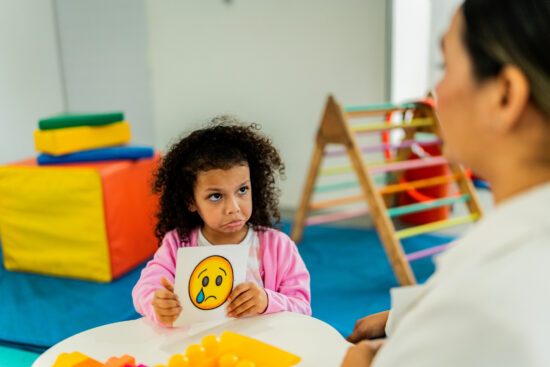
Emotional wellness goes beyond simply feeling happy; it involves recognizing, understanding, and managing emotions, as well as developing empathy and resilience. For young children, these skills are the foundation for success both in school and in life. By focusing on emotional growth, educators help children navigate challenges, communicate effectively, and develop confidence in themselves.
How Emotional Well-Being is Supported in the Classroom
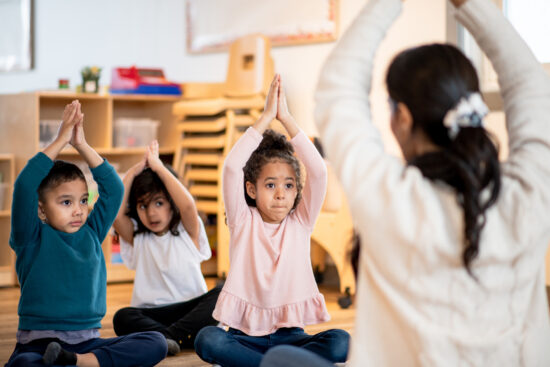
At Childcare Network, we integrate social-emotional learning into daily routines and curriculum. Some practices we implement in our schools include:
- Mindfulness and relaxation activities: Age-appropriate breathing exercises, yoga, and quiet reflection teach children techniques to manage stress and calm their minds.
- Social-emotional learning (SEL): Activities that help children identify emotions, express themselves appropriately, and resolve conflicts.
- Positive reinforcement: Encouraging words, recognition of achievements, and a nurturing environment help children feel valued and secure.
- Safe and supportive spaces: Classrooms designed to provide comfort, predictability, and opportunities for children to explore feelings safely.
These practices are central to how we nurture emotional wellness for students while creating a positive learning environment.
Supporting Emotional Health for Teachers
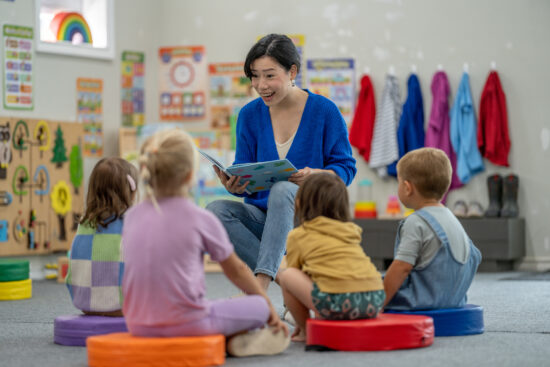
Our teachers play a critical role in modeling balance and emotional intelligence. We prioritize teacher well-being by providing strategies to manage stress and support students effectively, such as:
- Professional development opportunities: Training in emotional intelligence, classroom management, and stress reduction techniques.
- Collaborative support: Access to peer networks and leadership guidance for problem-solving and emotional support.
- Wellness programs: Initiatives like stress management workshops, flexible scheduling, and wellness resources to maintain a healthy work-life balance.
When teachers feel supported, they can provide the consistent, patient, and nurturing guidance that children need. Prioritizing our educators’ well-being not only improves classroom experiences but also strengthens connections with families, helping create a community centered on trust, understanding, and care.
Benefits of Focusing on Emotional Wellness

Encouraging healthy emotional expression benefits everyone in the classroom:
- For children: Enhanced social skills, stronger relationships, better academic engagement, and increased resilience.
- For teachers: Reduced stress, greater job satisfaction, and more effective classroom management.
When emotional well-being is part of daily learning, it fosters an environment of kindness, patience, and understanding that benefits the entire school community.
How Parents Can Support Emotional Growth at Home

Parents can reinforce emotional wellness with simple daily practices: talking openly about feelings, establishing consistent routines, and modeling healthy coping skills. Parents and educators can also explore additional tools to help children build emotional awareness and resilience.
The Kids Mental Health Foundation offers a variety of free, easy-to-use resources that promote healthy emotional expression for children and adults alike. From printable activities to mindfulness exercises and educator guides, these materials are designed to support emotional literacy, stress management, and positive coping strategies.
Incorporating these practices at home or in the classroom can help children better understand their emotions and develop lifelong habits for emotional well-being.
See our Programs in Action
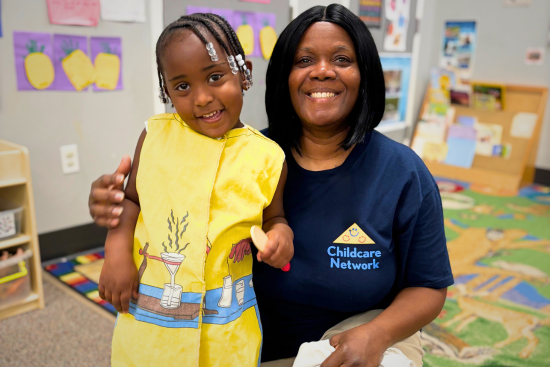
Supporting emotional wellness starts early and matters every day. Visit our website to see how our programs integrate these practices for both children and teachers, or find a school near you to schedule a tour today.

